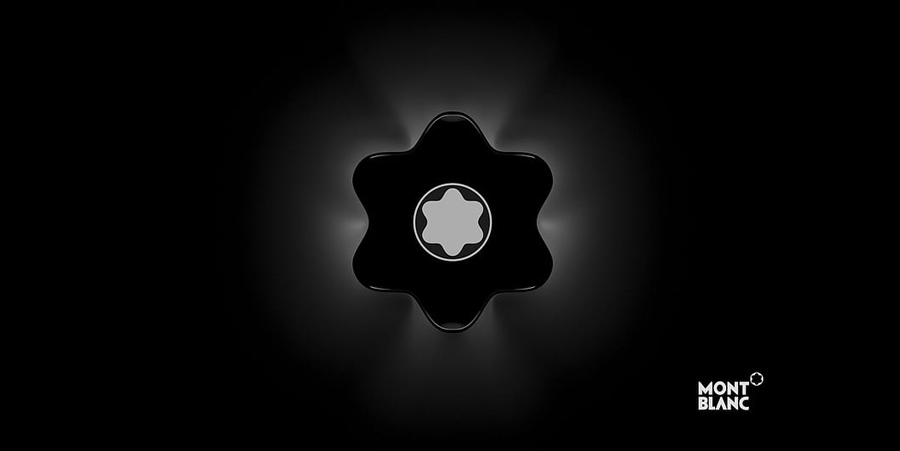Communications executive Caroline Harth recommends focusing on your story rather than your brand bible. Because you are a person, not a brand.
Personal branding is currently in the spotlight for all the wrong reasons. Elon Musk’s Twitter takeover saw people who’d spent years crafting an online persona suddenly face up to the fact that it may be time to find a new media platform. Many of these social network-led brands are only effective within the confines of Twitter, and any move away from the platform will see a major reframing of personal stories as people try to recreate their personas anew.
This poses a more worrying question: If you can change your media identity at will, did it ever exist in the first place?
The truth is that you are not a brand because personal branding as we know it doesn’t exist. There’s something slightly sinister about a capitalist system so prevalent that the “human” connection we all thoroughly crave can be fed to us as a marketable ideal.
Even worse? That we’re foolish enough to swallow it. Perhaps because these platforms are everywhere: TikTok, Instagram, and more recently, LinkedIn.
Everyone has a unique way of doing things but they share that same “in a world of spoons, be a fork” philosophy that assures us that they are, in fact, different from the others.
For consumers disillusioned with the all-consuming mercilessness of capitalism, investing in personal branding is a breath of fresh air. If you feel like you know someone, they’ve got to be authentic . . . don’t they? Well, not necessarily.
Those effortlessly vulnerable leaders? The guerrilla trendsetters who’re liable to say anything at any time? We know that these personas are curated, finely crafted, and designed to impress the impressionable and shame the unremarkable. They are paragons of business brilliance, each advocating the “right” way to approach entrepreneurship.
They present their lives and work to us as sound bites, static images, and ten-second videos. We have a fleeting window into their purpose, the beating heart of their mission to revolutionize the ways in which we do business.
YOU ARE NOT (THAT) IMPORTANT
Branding is (shocker) all about selling things. Selling a lifestyle means selling a product, a thought process, a philosophy, a corporate ethos, and your persona. It means creating a unique selling point that people want to invest in. Of course, if this works for you, who are we to say otherwise? There’s nothing wrong with it. Media titans like Richard Branson and Oprah Winfrey are established, successful icons of personal branding, known as much for who they are as their business ventures. Their unique selling point is themselves. I’ve never flown with Virgin Atlantic or entered into a contract with Virgin Mobile. My broadband provider isn’t Virgin Media. So, what exactly do I know about Virgin? That its founder is some guy by the name of Richard Branson.
The truth is that personal branding for most leaders is an altogether darker affair. It presents the idealized as truth and invalidates the push toward corporate transparency with its romanticized ideals of uncomplicated leadership. It is, and always will be, a dangerous game that works successfully for only a minority of business leaders.
People are not products; they cannot be bought and sold. Personal branding creates a “you” that doesn’t really exist. It kills our last tangible connection to the organic, the authentic, the idea of giving without expecting anything in return.
What’s more, it is subject to sweeping generalizations. Well-meaning concepts like Brene Brown’s “own your story” are bastardized, while liberating efforts toward sharing vulnerability are crudely over-read. At best, this insincere mixing of the personal with the consumerist leads to an overshare-hangover (looking at you, the crying CEO on LinkedIn).
Personal branding no longer aligns with the future of work. It kills any attempt at engaging with truth, forcing pretension and entitlement that freezes out those who don’t fit in.
But perhaps one thing that personal branding does above all else is that it lets us forget the ugly truth that we are not important. We must earn our right to take a place on a platform, and leave the crafting of our professional personas to marketing experts able to demonstrate who we are as business leaders, not who we think we should be.
As the recent exodus from Twitter suggests, the nature of personal branding is changeable and there is no catch-all solution to self-presentation across media channels. Facebook is not TikTok. Instagram requires a very different content strategy from LinkedIn. The truth is that, until personal branding is truly versatile, it has no place among the corporate innovators we aspire to be.
YOUR SUCCESS DEPENDS ON (UN)BRANDING YOURSELF
Now that we’ve established what not to do, here’s how you unbrand your person and position yourself in a way that allows you to own your story.
For better or worse, personal branding is built on the assumption that you can market your identity. For those with a pre-existing platform and engaged audience like the Winfreys and Bransons of this world, personal branding is a stellar opportunity to give people a picture-perfect slice of personality that should inspire both respect and resentment.
But for the tireless leaders still fruitlessly plugging away to create a personal brand that sticks, there’s another, more ethical way: Just be honest.
The truth is that people are increasingly willing to call out misrepresentation, embellishments, and lies. Audiences are cynical and have come to expect that whatever you do as a “brand” will find its way onto an embarrassing sub-Reddit. This brings us to a golden rule of personal branding: Whatever you think, your audience already thought it.
As society pivots toward a more conscious form of capitalism, lies are Public Enemy No. 1. They’re the Anna Sorokin, George Santos, and Sam Bankman-Fried of bad communication. If every CEO on LinkedIn posts about their hard beginnings and success in the face of adversity, did anyone suffer at all? The answer is no. So, why embellish the parts of your life that viewers don’t get to see? Real life doesn’t happen in a boardroom or on a Zoom call. You can’t curate it.
Ask questions you honestly want to know to understand your audience. This is authenticity. And focus on your story rather than focusing on your brand bible. Because remember, you are a person, not a brand.
ENDS
—
This article first appeared https://www.fastcompany.com
Seeking to build and grow your brand using the force of consumer insight, strategic foresight, creative disruption and technology prowess? Talk to us at +971 50 6254340 or engage@groupisd.com or visit www.groupisd.com/story


